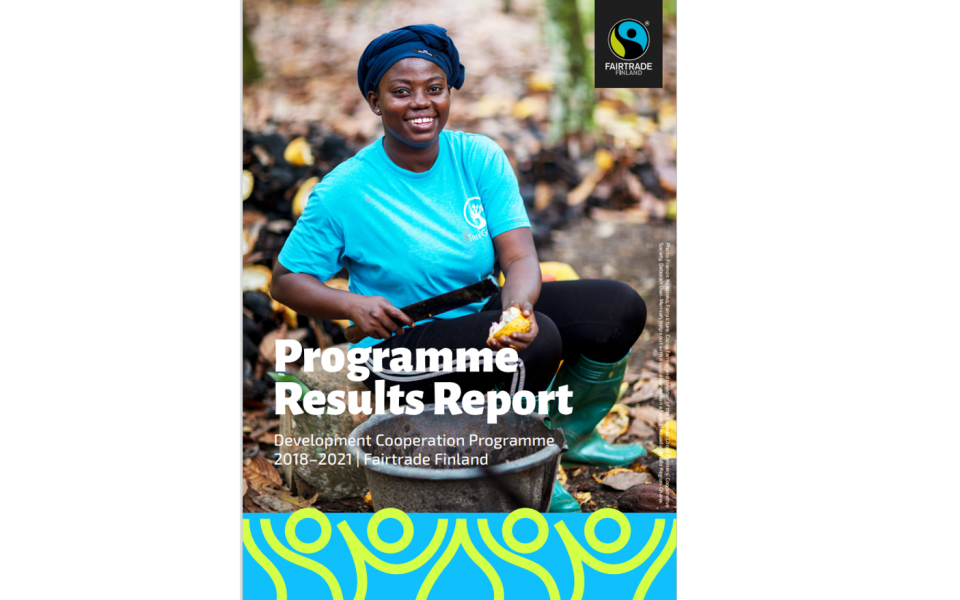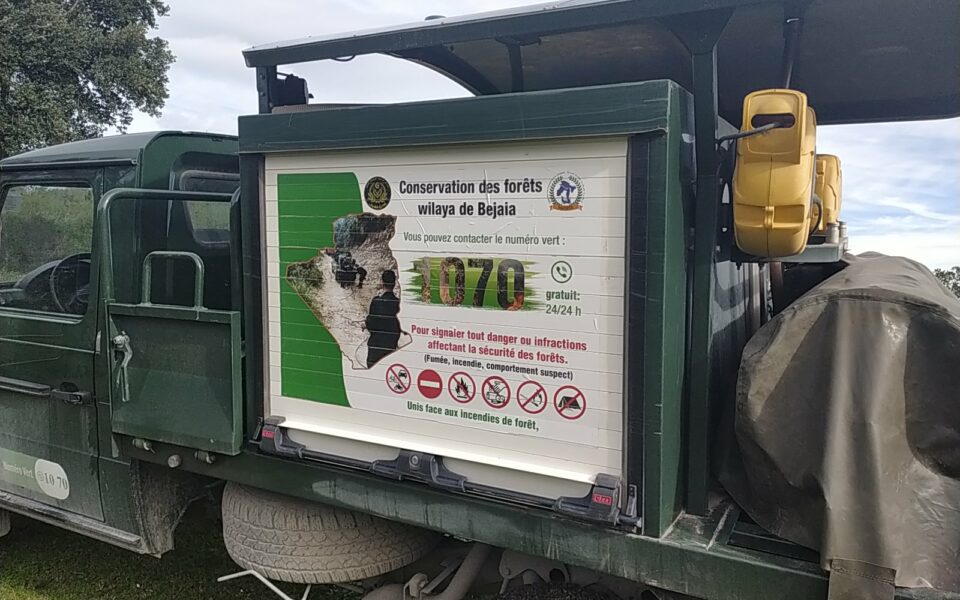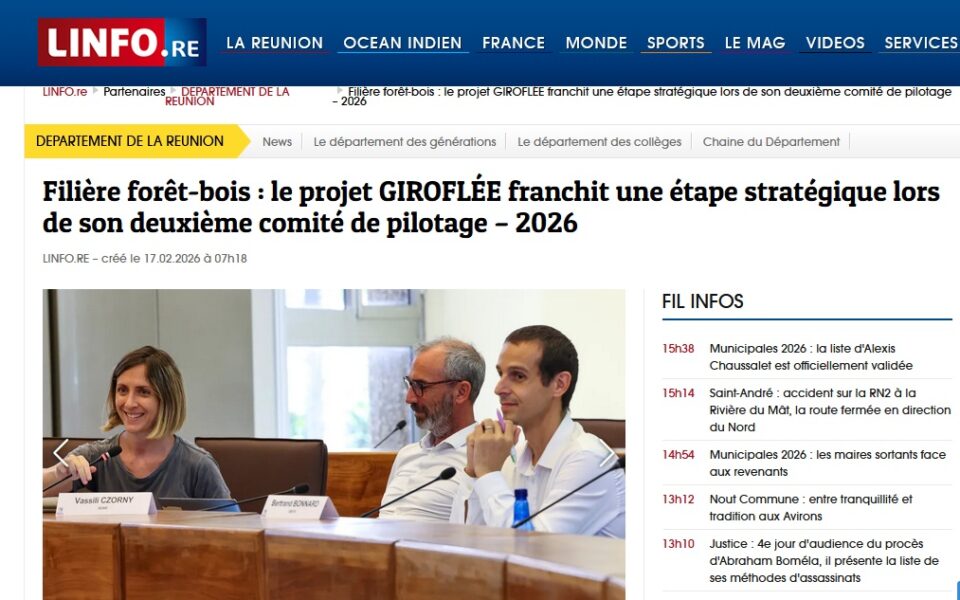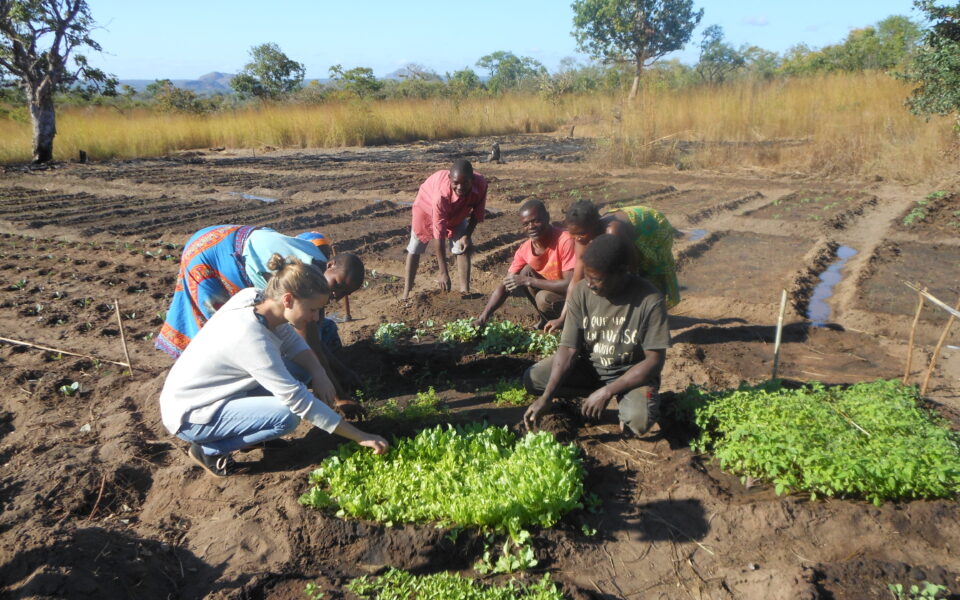News

17 May 2023
In 2022, SalvaTerra carried out the final evaluation of Fairtrade Finland’s Development Cooperation Programme (DCP) 2018-2021.
"We should only consume Fairtrade certified products so that agricultural workers and farmers can live with dignity!" "Yes, but there is still a lot of marketing and social washing, on the ground workers are exploited and agricultural producers are always poorly paid! "It's not that simple, there are several labels and different issues and practices depending on the context, country and sector... "Yes, but... "No, but... ». What do you think?
The overall objective of the DCP 2018-2021 was to help ensure the right of farmers and agricultural workers to a dignified life. The DCP consisted of a total of 12 projects in seven countries (Guatemala, Haiti, Honduras, Ethiopia, Ghana, Malawi, South Africa) and two regional projects in Latin America. The sectors concerned included coffee, cocoa, tea, wine, honey, bananas and flowers. The overall budget of the programme was €7.3 million over 4 years. Fairtrade Finland has worked closely with two regional organisations: the Latin American and Caribbean Network of Small Fair Trade Producers and Workers (CLAC) and Fairtrade Africa (FTA).
The objective of the final evaluation carried out by SalvaTerra was to analyse the strategy of the DCP (theory of change), and to assess performance from conception to implementation (relevance, coherence, effectiveness, efficiency, impact and sustainability) based on available documentation and semi-structured interviews with project partners and beneficiaries. In addition, the evaluation was to examine the communication and advocacy component, as well as the management of the programme as a whole.
The evaluation report is not public but the final report of the DCP 2018-2021 is available.
A lire aussi...

20 Feb. 2026
Mission à Béjaïa : vers un système intégré d’alerte précoce et de réponse rapide aux feux de forêt
Dans le cadre de notre appui à la Wilaya de Béjaïa, une mission de terrain s’est tenue entre Alger et Béjaïa afin de poser les bases d’un dispositif structuré de prévention, d’alerte et d’intervention face au risque incendie.

19 Feb. 2026
On parle de nos travaux dans le cadre du projet Giroflee – Gestion Innovante des Ressources Forestières pour une Energie durable dans la presse réunionnaise !
"Cette rencontre a marqué une étape à mi-parcours avec la présentation des résultats intermédiaires du projet, notamment la restitution finale de l’étude stratégique des acteurs et des flux de la filière forêt-bois réunionnaise réalisée par le bureau d’étude SalvaTerra. Cette étude a permis d’établir une vision consolidée de la filière en cartographiant ses acteurs, en analysant les flux existants et en identifiant les principaux leviers et enjeux économiques, techniques et organisationnels du territoire (...)".
